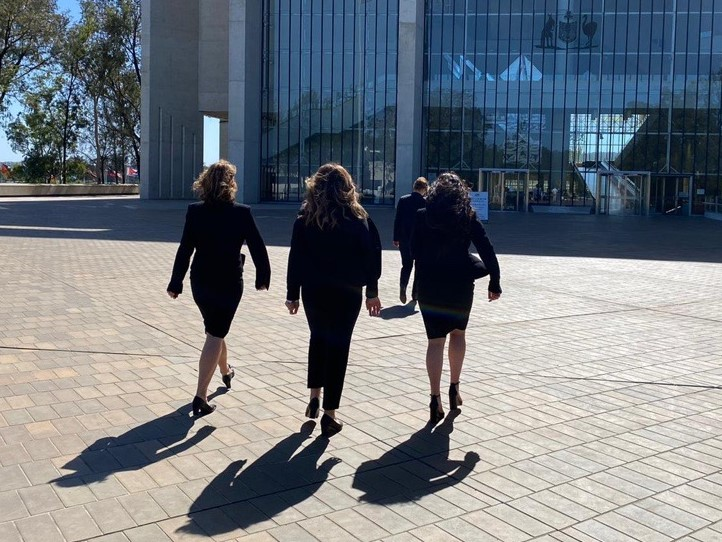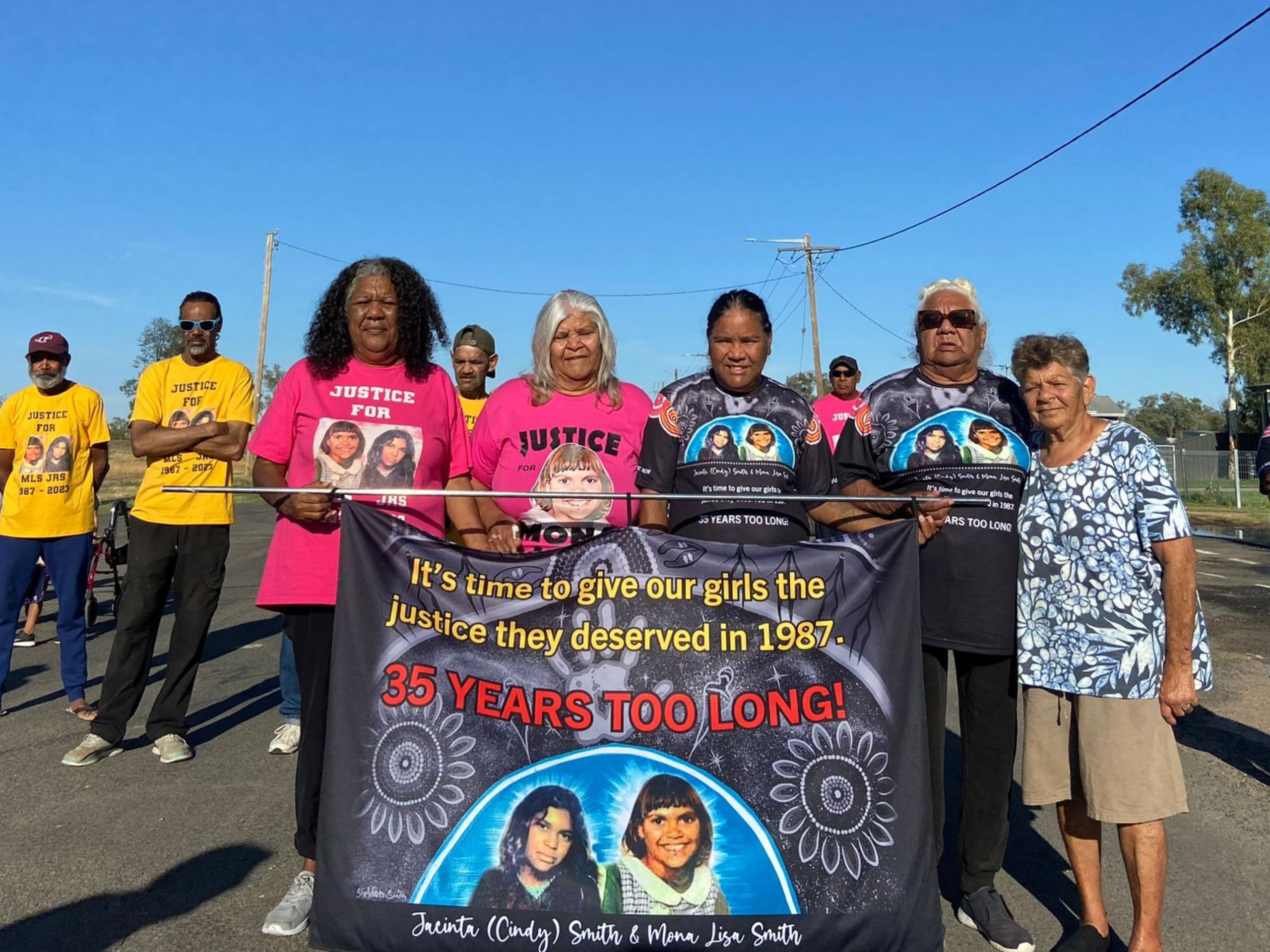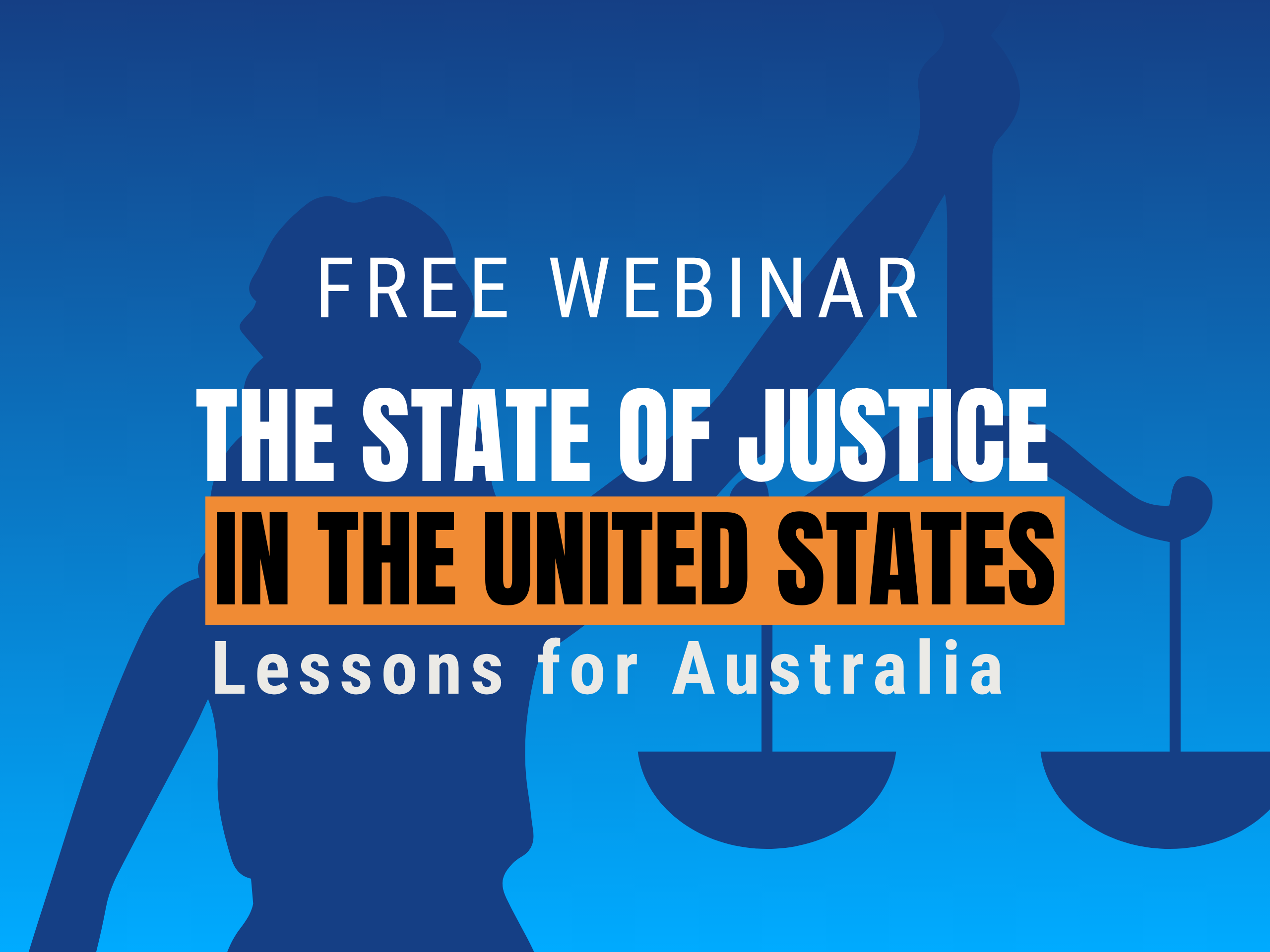The National Justice Project is proud to receive the Gift for Good Award at the 2022 ALTA Awards for the use of legal technology in delivering services through pro bono collaboration.

The case: establishing a government duty of care to refugees
Our legal team partnered with legal tech firms Law In Order and Relativity to work on a number of cases aiming to establish a government duty of care to refugees who have suffered in offshore detention.
“Since 2017, we’ve been fighting on behalf of 50 clients to establish a duty of care to refugees who have suffered in offshore detention,” said Emma Hearne, Associate Legal Director at the National Justice Project.
“If our cases are successful, we will set a ground-breaking legal precedent that allows refugees to hold the Australian government to account for the physical and psychological harm they suffered in immigration detention. And if we win, this new law will help to ensure a more humane approach to processing people seeking asylum in the future.”
The challenge: navigating through a storm of documents
This particular project through Relativity’s Justice for Change program involved a legal process that required a review of more than 45,000 documents, predominantly in PDF format, spread across four cases.
99% of these documents have been produced from the respondent (the Commonwealth), meaning the NJP team had a mammoth task to review the evidence. The team’s plan was to use RelativityOne to conduct these reviews, helping them uncover the truth and the narrative within the mountain of evidence—and to do so quickly and cost effectively.
Law In Order consultants have helped identify missing documents and errors within the tranches provided so far, enabling the NJP team to revert to the Respondent to correct these errors and conform to the document exchange protocol. That said, it’s uncommon for non-profits like the NJP to have access to enterprise-level e-discovery technology, so there’s little to no familiarity with the software and the best way to set it up for their case.
Gulsun Demirel, Senior Community Enablement Specialist at Relativity, said “technology can be one of the largest barriers to the pursuit of justice. The Justice for Change program empowers the e-discovery community by taking away the burden of costs associated with access to technology.”
The solution: legal tech to level up the fight for justice
Claire Broomhall, a consulting analyst at Law In Order and Sarah Horbury, Director – Consulting, have been working with the National Justice Project since the beginning of 2022 to contribute consulting hours, education, and training to their team. They have been involved with training them on RelativityOne, providing project management and administrative support, and assisting the team with navigating and complying with the document exchange protocol—all to make sure they feel confident in the technology and legal process so all they have to do is focus on the casework.
Technologically, NJP are now on the same page as the Australian government. Access to RelativityOne and Law In Order’s services also means that that they are able to provide discovery themselves. Before NJP joined the Justice for Change project, they had to do this manually for hundreds of documents—this took days of work just to figure out how to code the documents and provide the lists pursuant to the discovery protocols. These are complex cases containing a large number of issues, so it’s invaluable to have technology and expertise that can help them attack each of these issues in a streamlined way.
Through Law In Order, the NJP has also had access to sophisticated features in RelativityOne—across tools like analytics and searching—to ensure the teams only need to focus on the most important material within the data set.
The impact: a stronger case for accountability
“The best piece of RelativityOne that we’ve been using for these projects is near-duplicate analysis. Using it has really brought down the amount of time required to review all the material as we’re able to group a lot of the documents together to eliminate repetitive reviews,” Emma said.
And, importantly, the ability to reuse decisions they’ve made on the documents across the other cases to limit the review burden.
“These are some of the first cases related to this topic that we’re working through now, but there are many more. The great thing is we can use these first ones as templates for the others to improve outcomes and have them heard in court much more quickly,” said Emma.
Emma said that the technology enabled the NJP’s team and its army of volunteers to accomplish the huge task of discovery:
“As a small non-for-profit charity, without RelativityOne and the help of Law In Order, we wouldn’t have been able to work on the discovery for the cases without having to spend big on technology and support. Law In Order has always been available to assist us – their team have been unbelievable. They’ve turned work around in no time, and they’ve taken all the worry of this discovery process away from us. Instead of wrangling with documents, now we can focus on arguing the case for our clients.”









